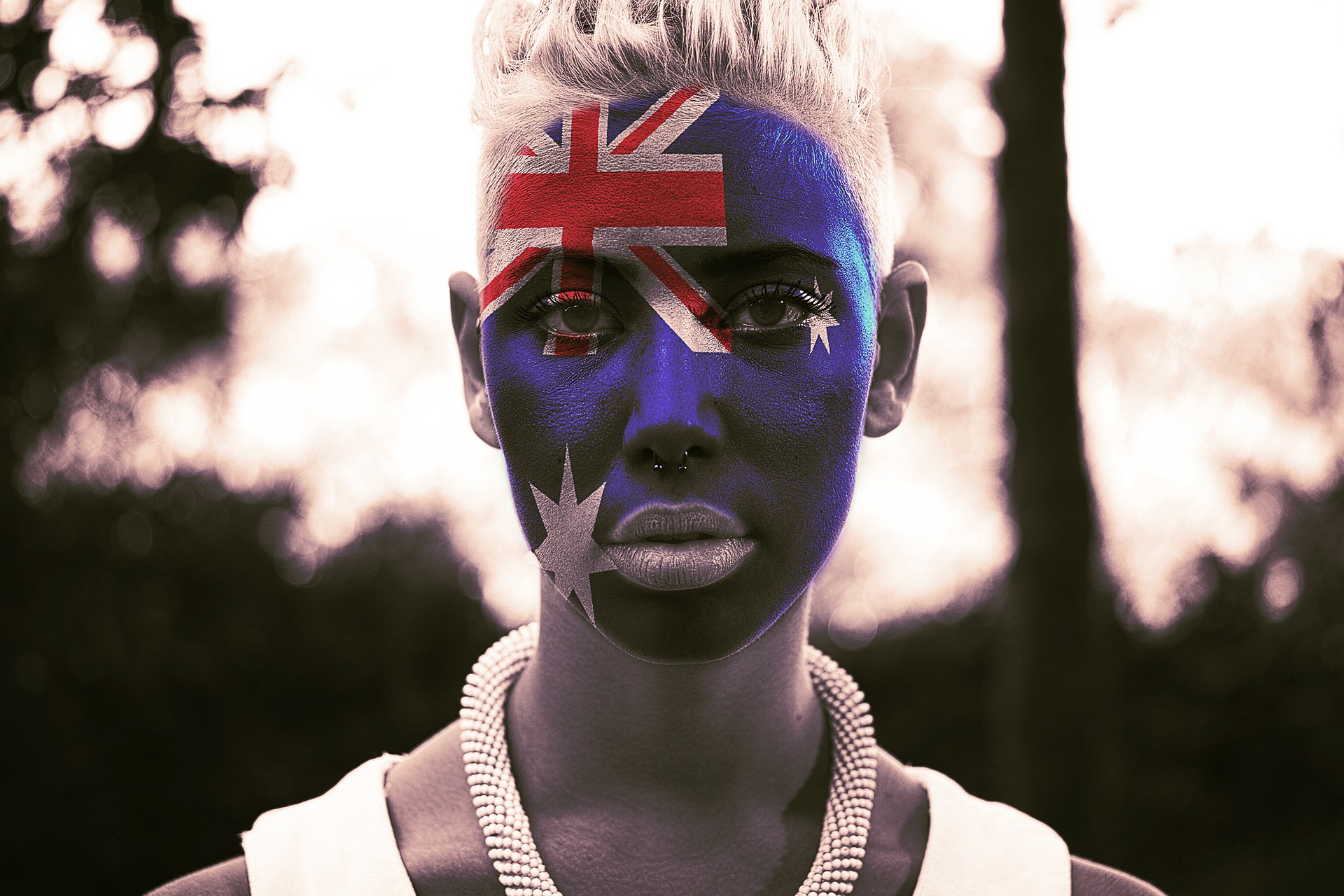Why is medical cannabis legal in Australia, but not recreational cannabis?
Just like in the USA, Australia has a Federal government, under which discrete State laws operate. Australia legalized Medical Cannabis at the Federal level in 2016 and has since publicly claimed its intention to be the world’s number one supplier of medical cannabis to the world.
Unlike, the US, and a growing proportion of the world, however, Australia is not looking beyond Medical cannabis, towards recreational cannabis in response to growing international support for the drug.
The reasons for the discrepancy in approach are varied but unfortunately reflect conservative attitudes of the current government, and could leave Australia behind the rest of the world in both the recreational and medical markets.
Public support, however, is moving in Australia, as it is elsewhere – quickly in the direction of support for the legalisation of the drug for recreational purposes. As of now, a petition being undertaken on change.org has 50,000 signatures. Polling suggests that more Australians support legalisation than ever before and, importantly, more support legalisation than wish to see cannabis prohibited.
A recent high profile suggestion by The Green Party leader, Senator Richard Di Natalie to establish a government wholesaler of cannabis to recreational users has raised the issue again. Once more, the government has pushed back on the idea.
Australia’s conservative attitude to cannabis
Australia’s major issue, when it comes to legalization of cannabis is a lack of clear government intent. Despite having made bold claims about a desire to dominate global sales and endorsed the product for medical use, under the currently centre/right-wing/ Liberal government, it is extremely difficult to actually obtain cannabis even for conditions with clear medical benefits, when a Doctor supports the prescription. To date, only 350 people have successfully managed to get marijuana under a medical license in the whole country.
When it comes to recreational cannabis, there are problems which extend beyond the bureaucratic, covering an array of correct and incorrect assumptions about the drug’s effects. Most commentary on the subject, in response to the Greens’ suggestion, came from the Prime Minister, Malcolm Turnbull and his Health Minister, Greg Hunt. They sited two main reasons.
First, Turnbull, who has admitted to personally smoking marijuana himself, (saying “Yes I inhaled, that’s the point!”) raised the question of Mental health concerns associated with cannabis consumption, an accusation to which there is at least some truth. Cannabis smokers have twice the mental health issues of non cannabis smokers.
Government health minister Greg Hunt, on the other hand, made the less accurate claim, when challenged in the press, that Cannabis is a “gateway drug,” and that the progression from marijuana to Ice and Heroin is “both real and documented’. (No such proof exists.)
While it is the minds of senior government officials which are the most important to influence, if legislation is to change, it would be unfair to suggest that these front benchers were along in their concerns of the legitimacy of recreational cannabis. The debate also drew in voices from the Australian Medical Association, among other health professionals, who had questions about how worthwhile legalisation was as a public health policy.
What is the future goal for legalisation of cannabis in Australia?
Even senior members of the Australian Federal Police (AFP) support the intent to legalise recreational cannabis. 75,000 Australians are arrested every year for possession (usually small amounts) of cannabis, clogging up the court system and, as in other countries, disproportionately affecting non-whites and lower rungs of the socio-economic ladder.
It seems likely that Australia will, ultimately, join the growing ranks of progressive governments in the rest of the world, and legalise, although it may take some time. For now, at least the debate has begun and some policy discussion have been entered in to. Australia followed a similar path with Gay Marriage rights, which were passed in to law last year in Australia, 2 years after the US and 3 years after the UK.
There has also been a slight nod by the Australian government, for those prepared to squint enough to see it. Hunt, the government minister who raised the issue of marijuana as a ‘gateway drug’ has acknowledged the critical role of the Australian States and territories in defining drug prohibition legislation and in driving the police to pursue offenders. The most likely path to Australian legalisation then, looks set to follow the US model under which some parts of the country legalise and other states do not – a far from ideal path, given the problems they’ve experienced with it so far.









